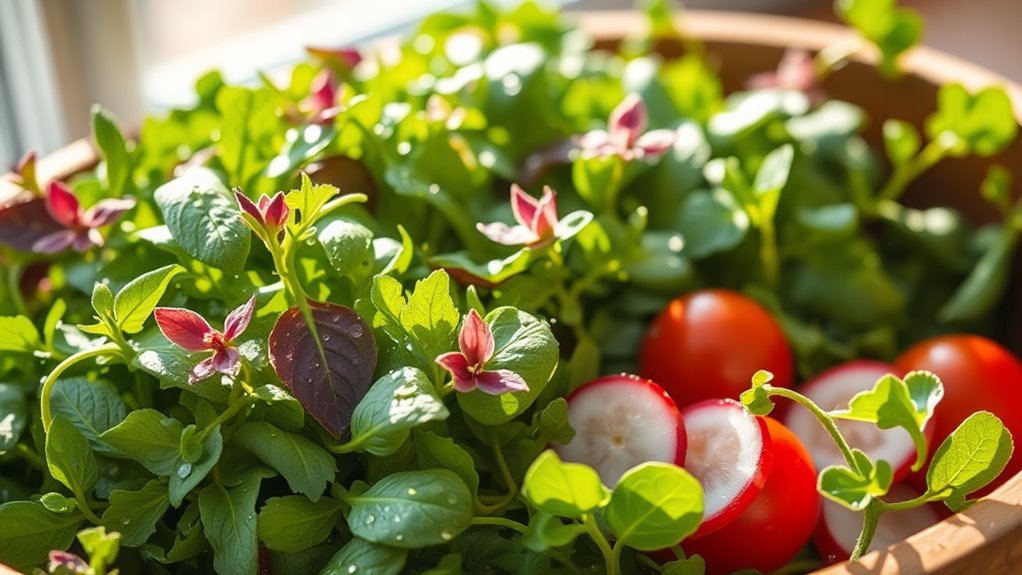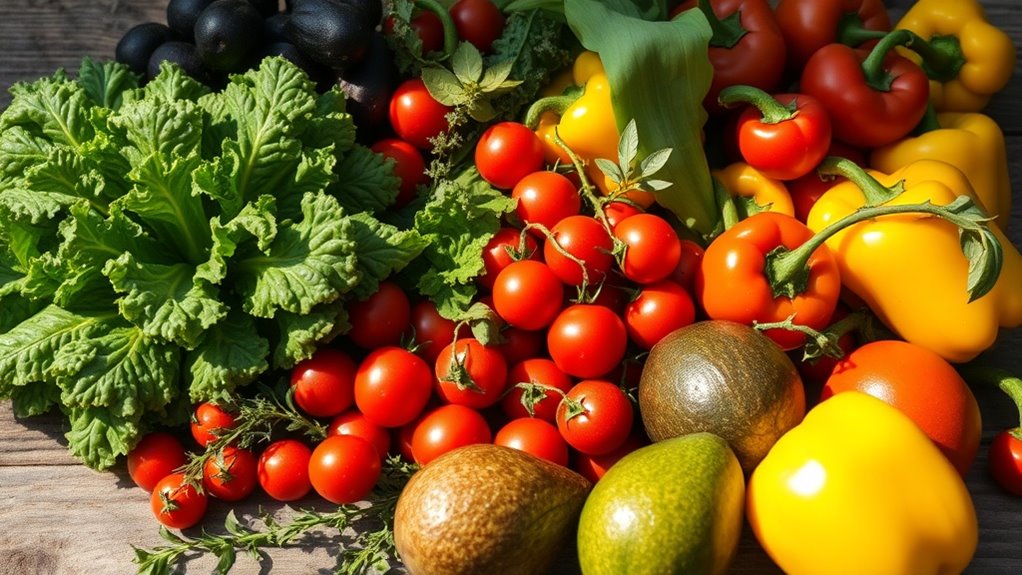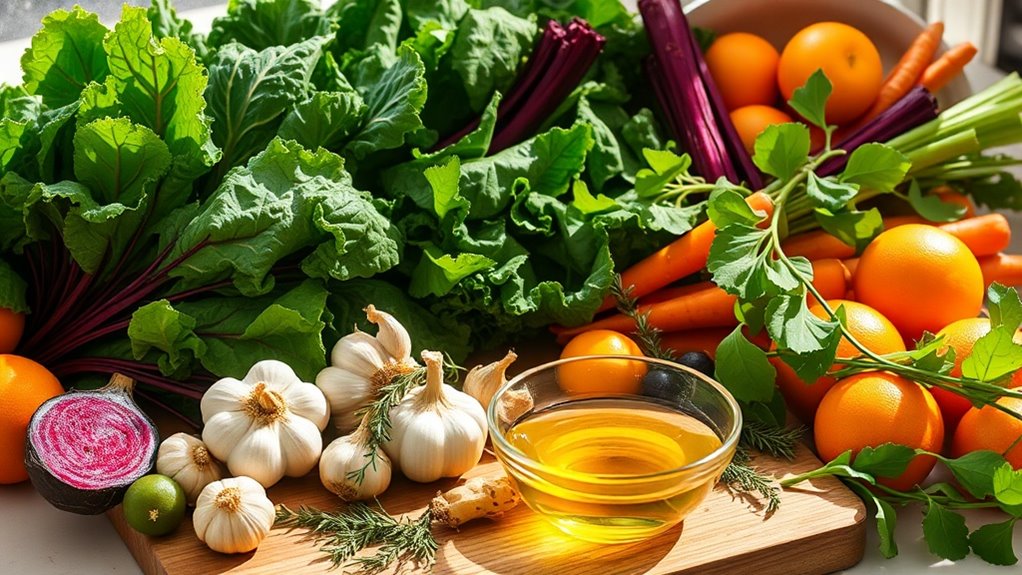The Herbal Remedy I Use in My Salad Every Day
Incorporating fresh herbs like basil or cilantro in your salad not only boosts flavor but also enhances your health. These herbs are packed with vitamins A, C, and K, along with powerful antioxidants that support your immune system. Plus, they help reduce inflammation, making each bite even more beneficial. Experiment with different herbs for added zest and nutrition. If you’re curious about more ways to elevate your meals with herbs, keep exploring this topic.
The Healing Properties of the Herb
When you explore the healing properties of herbs, you’ll discover that they offer a wealth of health benefits beyond just flavor enhancement.
Healing herbs like basil, cilantro, and mint can boost your immune system and reduce inflammation. Additionally, incorporating these herbs can enhance your meal’s effectiveness at boosting white blood cell production, making your meals both delicious and nutritious.
Nutritional Benefits of Adding Herbs to Your Diet
Incorporating just a handful of herbs into your daily diet can significantly enhance your nutritional intake.
Herbs like parsley, basil, and cilantro aren’t only flavorful but also packed with vitamins A, C, and K. They contain antioxidants that support your immune system and reduce inflammation. Additionally, adding herbs can contribute to overall health benefits by providing nutrient-dense options that align with your wellness goals.
How to Choose the Best Herb for Your Salad
Selecting the right herb can transform your salad from ordinary to extraordinary.
Consider your flavor preferences and balance—fresh basil adds sweetness, while cilantro offers a zesty kick.
Look for herbs grown locally; they’re often more potent and flavorful.
Experiment with different combinations to find what resonates with you.
Ultimately, the best herb enhances your salad, bringing vibrant taste and nutrients. Additionally, incorporating nutrient-dense ingredients like sweet potatoes can further improve your salad’s health benefits.
Creative Ways to Incorporate Herbs Into Your Meals
While many think of herbs solely as salad toppings, these versatile ingredients can elevate a wide array of dishes.
Toss fresh herbs into pasta sauces, blend them into smoothies, or sprinkle them on roasted vegetables. Use herbs to infuse oils or make marinades, enhancing flavors and nutrients. Incorporating fermented foods into your meals, along with herbs, can further boost overall gut health and digestion.
Experimenting with different combinations can turn everyday meals into culinary adventures you won’t forget!
Tips for Growing Your Own Herbs at Home
Growing your own herbs at home can be a rewarding experience, and it doesn’t take much to get started.
Here are some tips to help you along the way:
-
Choose a sunny location, as most herbs thrive in bright light.
-
Use quality soil to encourage healthy growth.
-
Water consistently but avoid overwatering.
-
Harvest regularly to promote new growth and ensure freshness.
The Impact of Fresh Herbs on Flavor and Texture
Fresh herbs can transform your salads from simple to extraordinary, elevating both flavor and texture in an instant. They add vibrant aromas, a burst of freshness, and a delightful crunch. Here’s how different herbs affect your salads:
| Herb | Impact on Flavor & Texture |
|---|---|
| Basil | Sweet, aromatic; softens crunch |
| Cilantro | Citrusy, bold; tender bite |
| Dill | Fresh, tangy; delicate texture |
Including herbs in your salads not only enhances taste but also contributes to overall health and wellness, making meals more nutritious.




